In 1970, a 20-year-old brunette girl nervously entered the historic Columbia studios for her very first audition. She performed a folk song, prompting a young producer from “MINOS,” present for the recording of the album “Dalaras sings Kaldaras,” to ask, “Sweetheart, do you know any other songs?” With a confident reply, she began singing “Night Fell Without a Moon.” The room fell silent in awe. That girl was Haroula Alexiou, and it was the keen eye of producer Achilleas Theofilou that recognized her potential, paving the way for her extraordinary career.
However, Alexiou was not the only talent discovered by the legendary producer, who passed away yesterday at 79. His “children” also included renowned artists like Giannis Parios, Vasilis Papakonstantinou, Anna Vissi, and many more luminaries of Greek music.
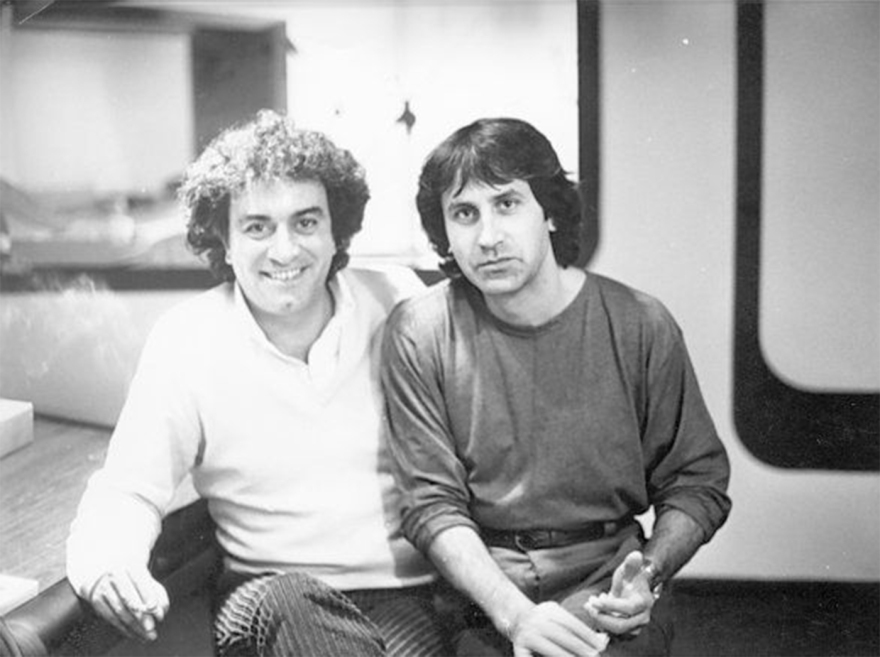
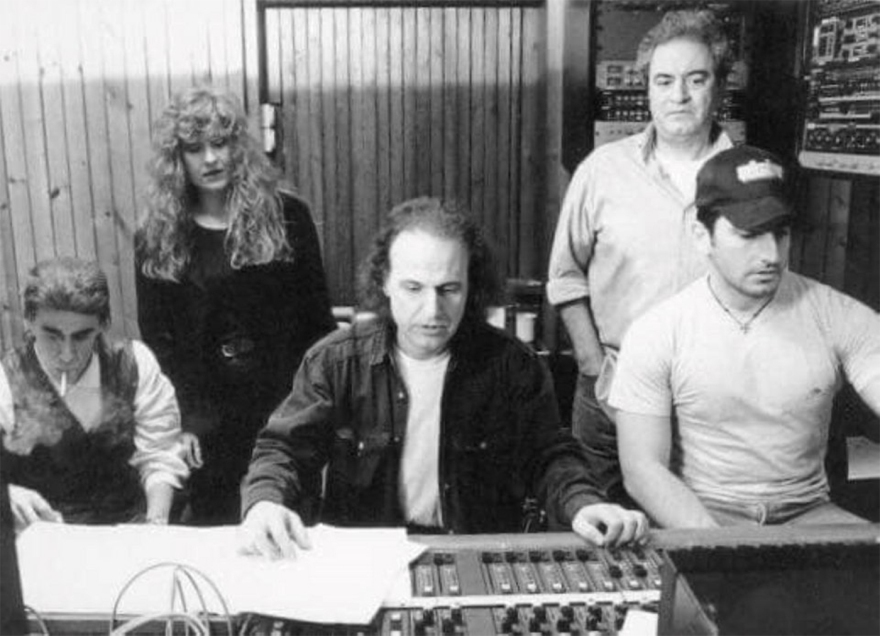
Achilleas Theofilou (top right) during a recording session with Vasilis Papakonstantinou (center)
He was also responsible for producing albums by some of Greece’s most celebrated composers, including Mikis Theodorakis, Manos Hadjidakis, Yiannis Markopoulos, and many others.
This makes it evident that Achilleas Theofilou’s role in the Greek recording industry is deeply intertwined with a significant era of the country’s musical history since 1970. His extensive discography includes numerous classics: from “18 Short Songs of a Bitter Homeland,” “Arcadia 6,” and “Of Exile” by Mikis Theodorakis to “Asia Minor” by Apostolos Kaldaras, and “Citizenship” by Yiannis Markopoulos; as well as works by Manos Loizos, Stelios Kazantzidis, Haris Alexiou, and Giannis Parios, to name a few.
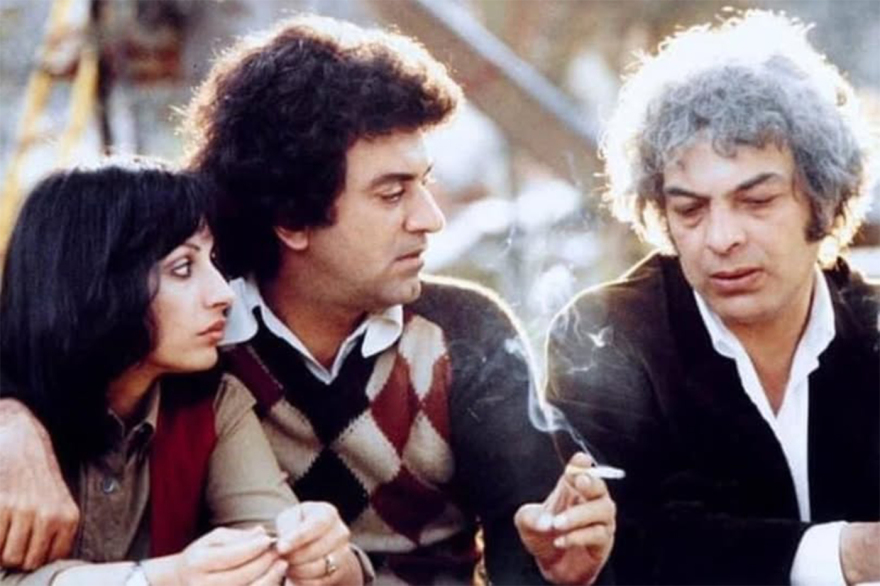
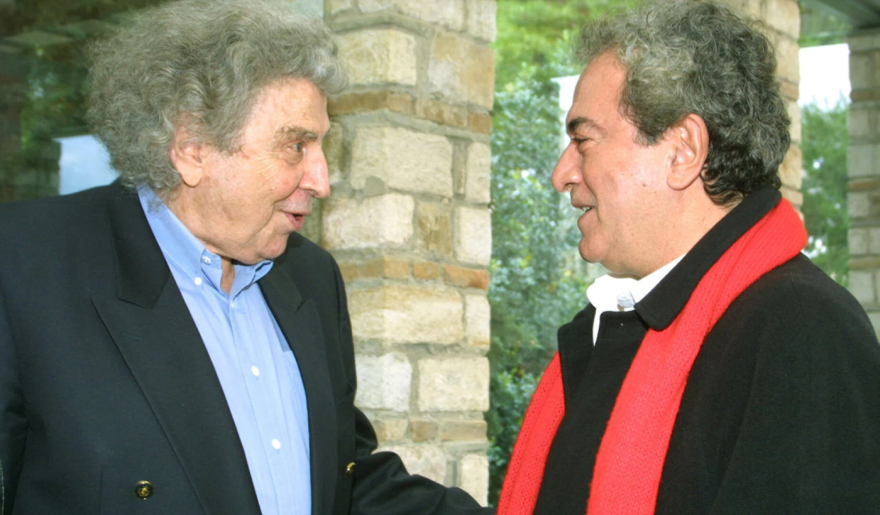
Achilleas Theofilou with the legendary Mikis Theodorakis
While becoming a leading figure in the Greek music industry wasn’t initially Achilleas Theofilou’s ambition, his talent was unmistakable. Born in Mytilene, Theofilou had already honed his social and political awareness through studies in Political Science in Geneva and Sociology in Paris. In Paris, he forged friendships with key figures in Greek arts and literature, including Vassilis Vassilikos, Nikos Koundouros, and Costas Gavras, influencing his perspective and creative outlook.
Recognizing his potential, Minos Matsas quickly transitioned him from the press office to the studio, where his instincts proved prophetic, leading him to become the head of production.
Charismatic and cultured yet humble, Theofilou was more than a producer; he was the conductor of every project he undertook, guiding composers, selecting performers, and spotting emerging talent.
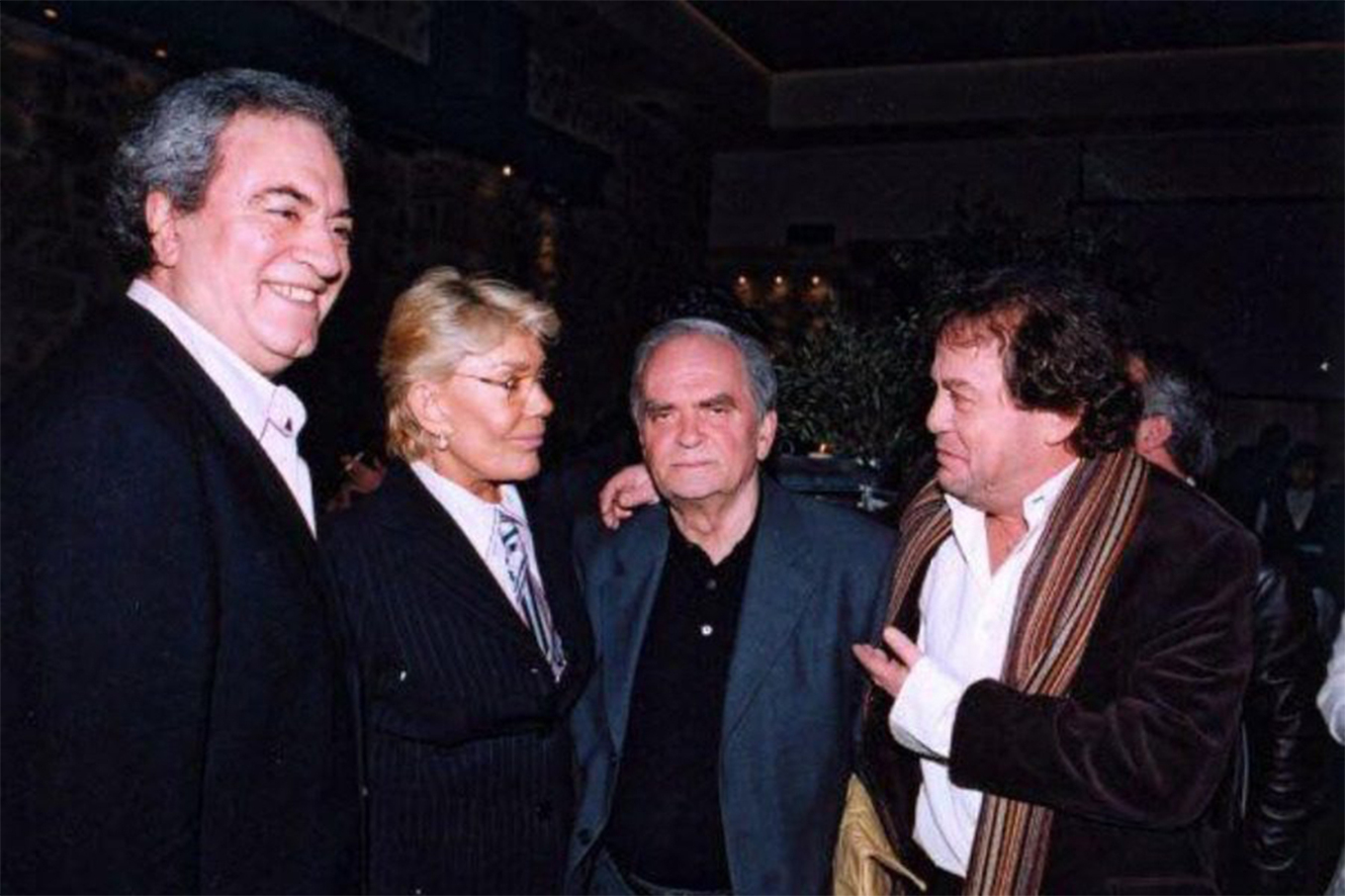
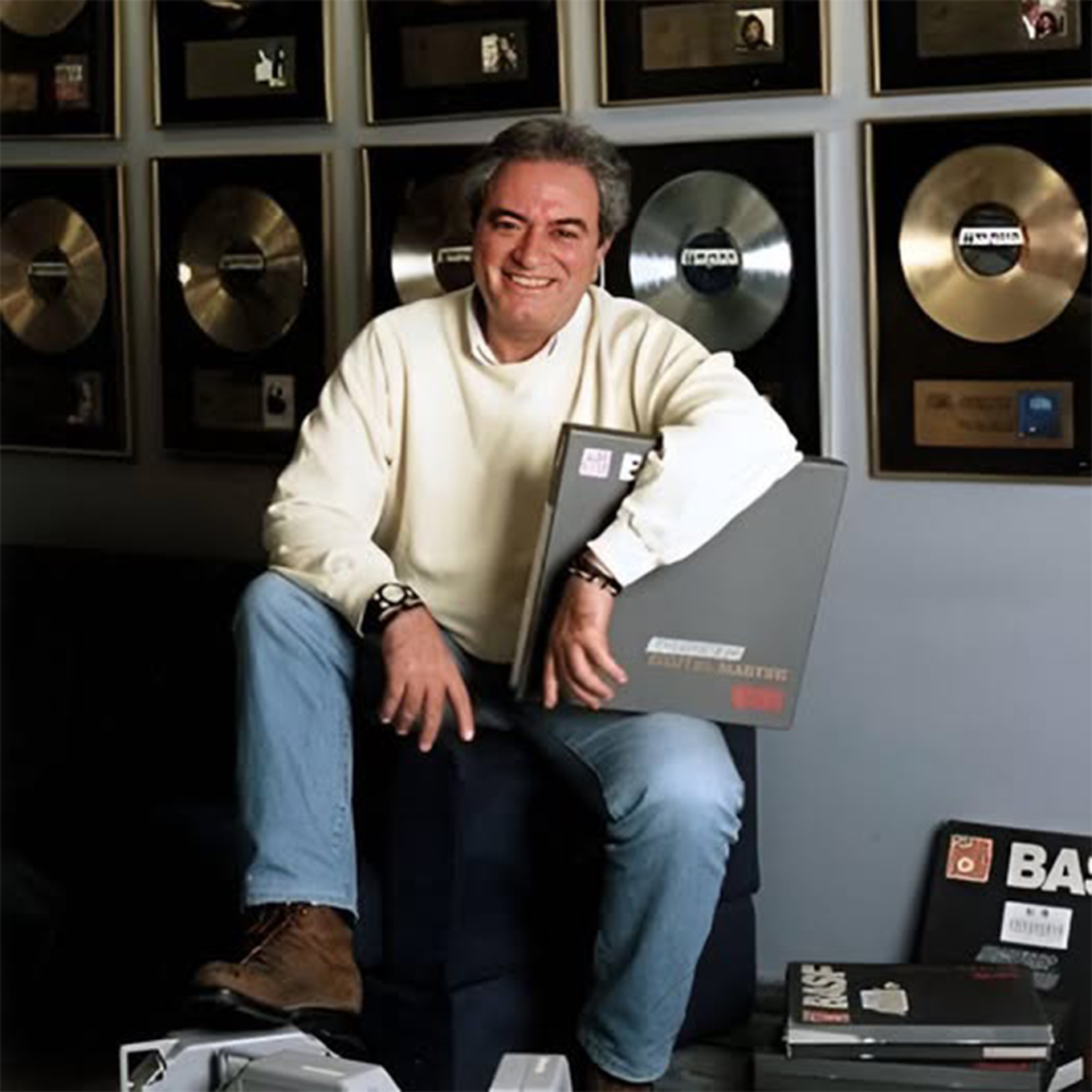
The Haroula Chapter
“Haroula is the voice of my personal waywardness,” Achilleas Theofilou once reflected on the significant impact she had on both his personal and professional life. “He was my mentor, inspiring my love for reading. He introduced me to French culture, music, and poetry. I owe him a great deal,” Alexiou has shared.
Their connection began at that first audition, and they never separated. Theofilou skillfully crafted her impressive debut in the music industry, starting with the folk anthem “When a Woman Drinks” and continuing with her contribution to Apostolos Kaldaras’ historic album “Asia Minor.” She entrusted her career—and life—to him.
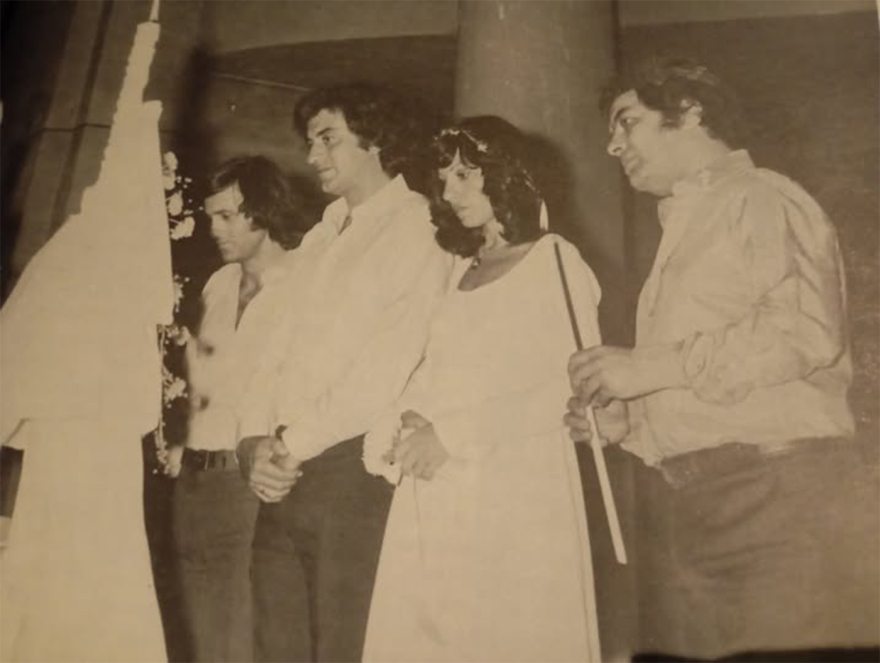
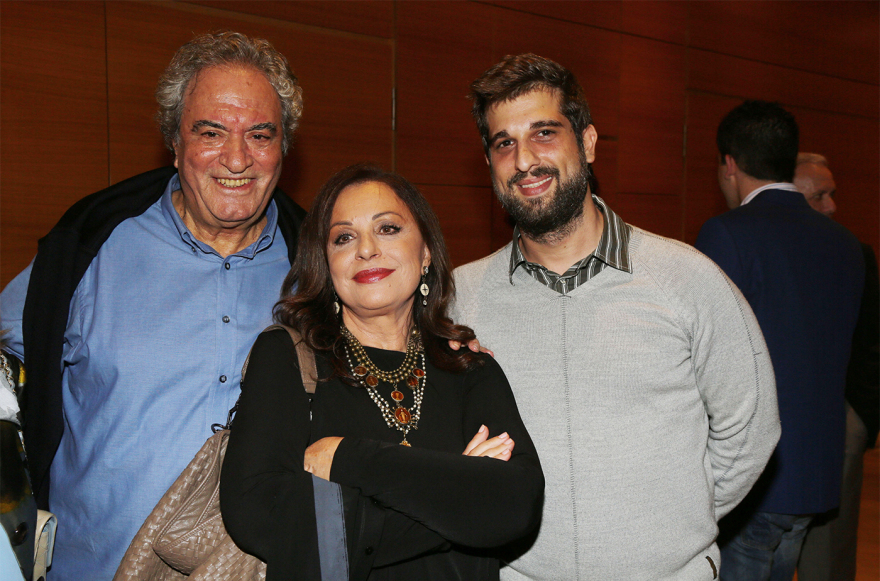
They tied the knot in July 1975, with Manos Loizos and Giorgos Dalaras serving as their best men. They adopted a son, named Manos in memory of their cherished friend Manos Loizos, who had tragically passed away. Their collaboration in life and music lasted for two decades, and although they divorced, their bond remained strong and filled with love, supporting each other in challenging times.

Kazantzidis’ Tears
As a witness to the recording sessions of many iconic figures in Greek music, Achilleas Theofilou had countless stories, including one about Stelios Kazantzidis, whom he regarded as “the greatest of the greats.”
At the time, Kazantzidis had just separated from Marinella, who released a song titled “Men Don’t Cry.” Shortly after, lyricist Pythagoras penned a poignant line: “Let those who failed speak as they will, but madam, men do cry.”
The emotional weight of the song often caused Kazantzidis to lose composure in the studio, making the recording process a challenge.
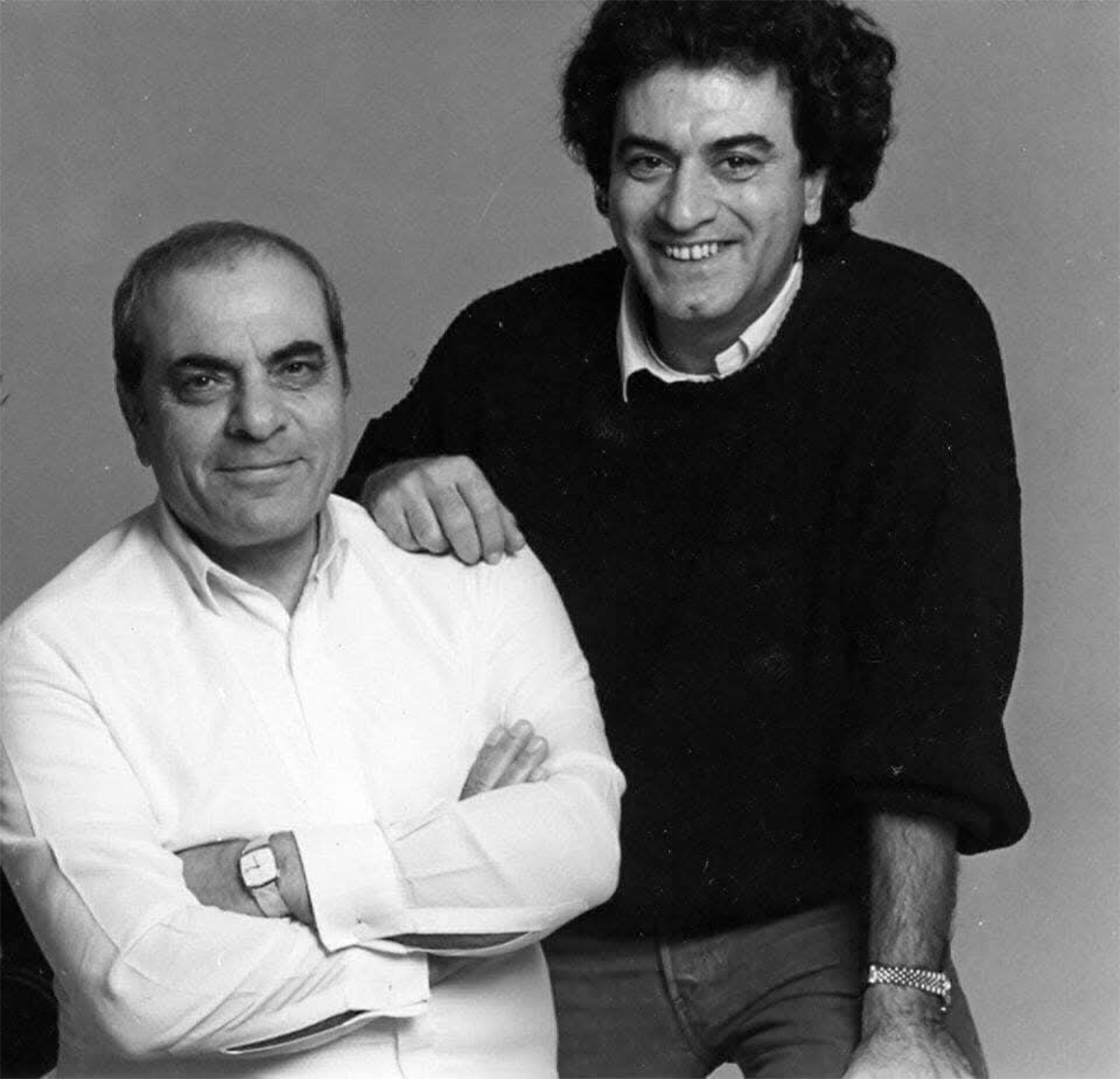
Ask me anything
Explore related questions

















